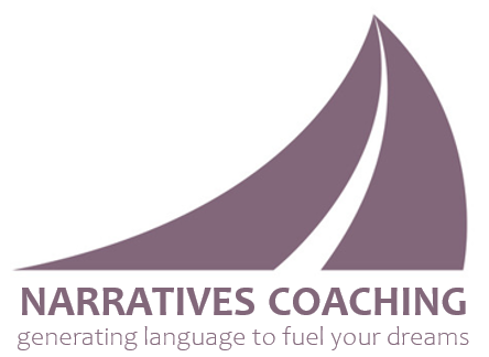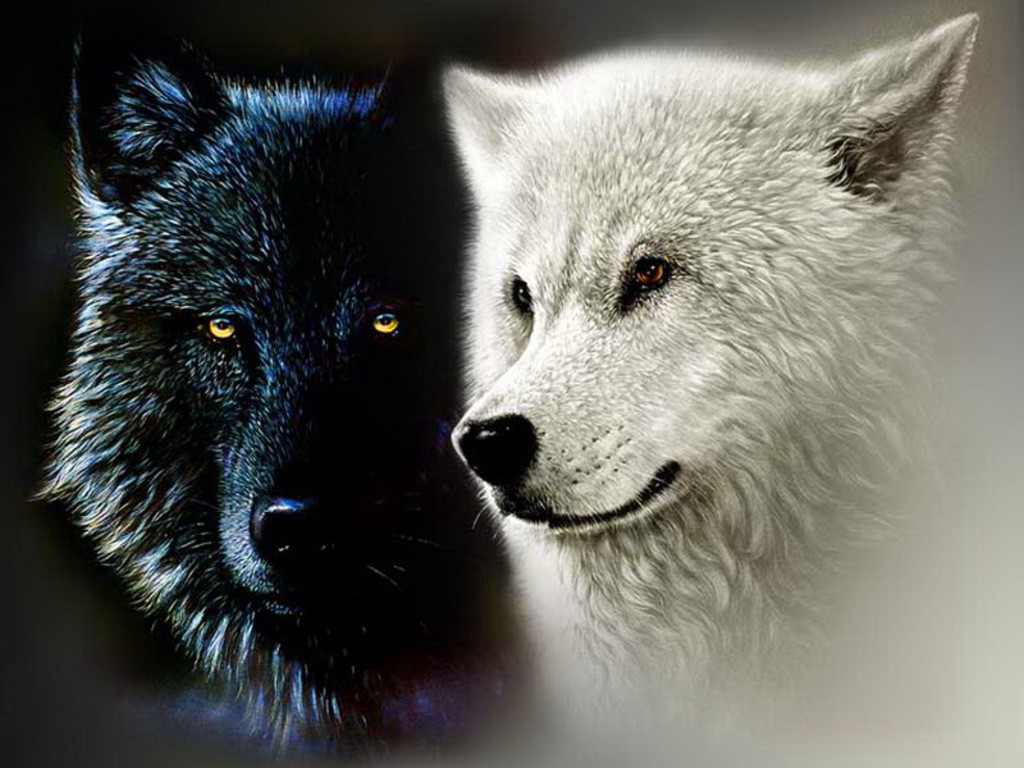Winning the War on the Inside.
I once heard a story told by a Native American Indian at a 12-step meeting. I was moved by the story for its stark resonance with how I’ve felt my entire life – that there’s a great and terrible battle raging inside of me, and I’m not always on the winning side. More, I see this same battle raging within others and the struggles they have choosing sides. Here’s the story (note: after researching this to a reasonable degree, I can’t pinpoint exactly the source or attribution, so I apologize there’s no formal citation).
An old Cherokee is teaching his grandson about life. “A fight is going on inside me,” he said to the boy. “It is a terrible fight, and it is between two wolves. One is evil – he is anger, envy, sorrow, regret, greed, arrogance, self-pity, guilt, resentment, inferiority, lies, false pride, superiority, and ego.”
He continued, “The other is good – he is joy, peace, love, hope, serenity, humility, kindness, benevolence, empathy, generosity, truth, compassion, and faith. The same fight is going on inside you – and inside every other person, too.”
The grandson thought about it for a minute and then asked, “Grandfather, which wolf will win?”
The old Cherokee simply replied, “The one you feed.”
Like I said, stark resonance, and I wish I’d heard this story decades ago. It’s helpful to look back and see how I’ve lived portions of my life reacting emotionally to life’s troubles, with all the predictable outcomes and results attached to “feeding the dark wolf” of anger, resentment, bitterness, self-pity and regret. It’s even more helpful to stay in the present and explore where I’m continuing to keep the dark wolf alive and strong by not being intentional and deliberate with my responses to what are typical bumps in life’s road. For me, the default process is 1) see, then 2) feel, then 3) react; allowing the normal flow of life to wash over me without stopping to think, deliberately and intentionally, about how to respond is what psychologists would call low emotional intelligence. Why? Because allowing emotions to gush forth without applying my brain to the process is akin to behaving like a toddler with no filters yet established for patience, politeness and acceptance. That’s an example of under- or undeveloped emotional intelligence for which the toddler could be excused. But not me.
Emotional intelligence is defined as the capacity to be aware of, control, and express one’s emotions, and to handle interpersonal relationships judiciously and empathetically. In other words, functional filters developed and designed to govern emotional responses to life’s curveballs and other peoples’ idiosyncrasies. Emotional intelligence is widely studied, and formal development programs are progressively implemented in the workplace based upon the belief that this quality and capacity is a key to both personal and professional success. It’s also true that this subject is massively over-hyped and way out-of-bounds with respect to its punitive application within the virtue-signaling cancel culture arising across our society. With the instantaneous and global reach of social media platforms, a person’s slightest outburst or poor reaction to some stressor could have devastating and long-lasting consequences. No question we live in significantly stressful times; it’s easy to be overwhelmed and lose one’s cool from time to time – doing so can produce disastrous personal and professional results.
Another over-hyped and mis-used word is mindfulness, with highly questionable claims that practicing mindfulness can heal disease (mind over matter manifestation), bring an inner peace bordering on enlightenment (the transcendent self) and, through the law of attraction, manifest success in one’s life in supernatural ways (mindfully envision yourself in that new sports car and eventually it will manifest). While some of the claims for mindfulness are debatably extreme, there is a more centered, useful practice that delivers appreciable benefits in the forms of personal awareness and acceptance, clarity of purpose with drive, and serenity (defined as a lack of inner conflict). Of course, there are numerous other proven benefits (article with an expansion of benefits from the American Psychological Association), but the three I’ve listed here can boost one’s emotional intelligence by creating an enhanced sense of self balanced around awareness, application and management of your personal emotions, as well as awareness and acceptance of the emotions of others without judgement or alteration.
One of my favorite playful portmanteaus is the contraction of mindful with mindless, or “mindfullessness”. Kidding aside, while mindful meditation has been around for centuries in Eastern philosophies and religions, it’s only in recent years this practice has found its way into mainstream Western culture. We’re still cutting through some of the hype, but genuine meditative practices are obtainable and can deliver notable and tangible benefits.
What do emotional intelligence and mindfulness have to do with the wolf allegory above? The importance of being aware and in control of one’s emotions is paramount to navigating life in healthy and meaningful ways, especially with respect to the fidelity of our short- and long-term relationships. One of the greatest joys in life is the sustained nurturing of relationships, and this means being cognizant of and caring for the emotions of those we love and value. This entails not only being aware of another’s emotional state, but sometimes being willing to set aside our own urgent emotional demands to meet the needs of someone else’s. While our own feel urgent in the moment, they rarely are (as urgent as they feel in that moment). Emotional intelligence is all about having this acute awareness and the mature discernment needed to strike the optimal balance. Of course, we all deserve to have our needs met, but selfishness can (and does) rear it’s ugly head skewing our perceptions of what’s real and what’s not, what’s urgent and what’s not, and the severity and importance of our feelings in the moments they arise.
Back to the 3-step process I shared above (see, feel, react), I hope it’s now clear the need to intercept our feelings, pause, reflect, consider, and formulate a measured response given our sense for how important, urgent and personal we’ve perceived the event, and how that same event is perceived and reacted to by another. The ability to pause and ask ourselves a few simple questions before responding or reacting can be the difference between countering poorly and answering with maturity.
Here’s a different facet through which to see this. As a man of faith, I value the teachings in the Christian bible, and not just because I’m a Christian; there are valuable lessons for all, and I view it as an instruction manual for living a healthy and joyful life. More, it’s a recipe for living in relationship with others in ways that are loving, caring, kind and selfless. Do unto others (Matthew 7:12), don’t be selfish, but rather be humble (Philippians 2:3), serve one another in love (Galatians 5:13), don’t worry about tomorrow (Matthew 6:34), control your tongue… care for widows and orphans in their time of need (James 1:26-27), and on and on and on. One of my favorite passages is Galatians 5:16, and I’m awestruck by the wisdom which, if mindfully applied, determines the path our lives will take. Here’s an excerpt:
[17] The sinful nature wants to do evil, which is just the opposite of what the Spirit wants. And the Spirit gives us desires that are the opposite of what the sinful nature desires. These two forces are constantly fighting each other, so you are not free to carry out your good intentions.
Sounds like wolves fighting a bitter battle to me. Here’s more:
[19] When you follow the desires of your sinful nature, the results are very clear: sexual immorality, impurity, lustful pleasures, [20] idolatry, sorcery, hostility, quarreling, jealousy, outbursts of anger, selfish ambition, dissension, division, [21] envy, drunkenness, wild parties, and other sins like these.
[22] But the Holy Spirit produces this kind of fruit in our lives: love, joy, peace, patience, kindness, goodness, faithfulness, [23] gentleness, and self-control. There is no law against these things!
Wolves, engaged in a bitter struggle for dominance and control, always there, always fighting, always willing to step forward and seize the moment. Who wins? The one you feed. What tools do we have to strengthen the good wolf and starve the bad wolf? Mindful meditation and the intentional practice and development of emotional intelligence are two of the most powerful. You have a choice which wolf dominates your life and fuels your relationships, and it’s fairly simple once you recognize the never-ending internal battle – it’s the one you feed.


I have spent a lifetime between fueling each of these two wolves. I love that mindfulness and meditation that can move me past those memories that draw me toward “the evil one”. Thank you for your insight and biblical references as a reminder that this truth is a battle God knew we would have. I can fuel my life differently, if I mindfully choose to do so.
Thanks Michelle – I too have spent a lifetime… I’ll look for a number of articles on how to practice mindfulness effectively and in ways that create real peace and post them here. Volumes have been written – I’ll find some good ones to share.
Wonderfully profound wisdom you’ve shared. The wolf story is so poignant and profound, and reading it makes it seem so simple in principle, until you realize after reading it how often and unknowingly you’re feeding the dark one without even recognizing it. Every time I read that story it strikes a cord in me. Also love the Bible passages….God is good and knows what we need, and more importantly the struggles we face having the gift of free will.
Thanks MissyP! Agreed – it can be very subtle the different ways we think and feel our way through each day, and challenging to remain mindful of our responses to what happens and how life unfolds. Look forward to discussing with you further! Steve